Publications
Articles, publications, books, tools and multimedia features from the U.S. Institute of Peace provide the latest news, analysis, research findings, practitioner guides and reports, all related to the conflict zones and issues that are at the center of the Institute’s work to prevent and reduce violent conflict.
Question And Answer
Amid a Changing Global Order, NATO Looks East
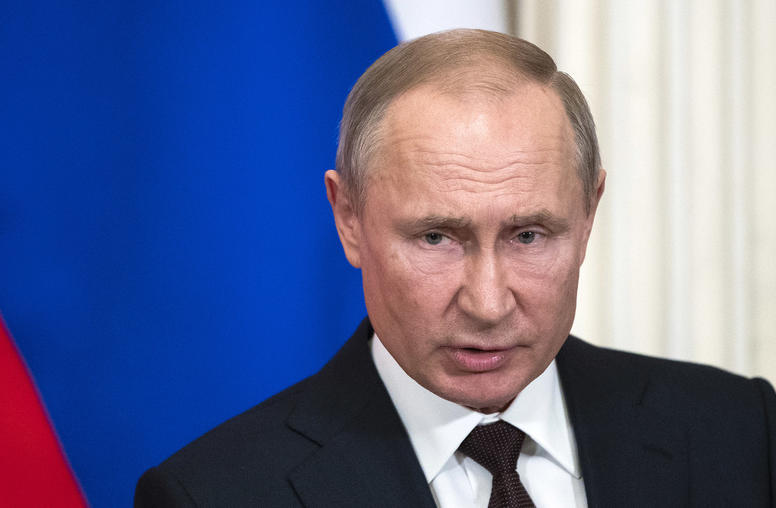
Understanding Russia’s Interest in Conflict Zones
Under Vladimir Putin, Russia’s global ambitions have steadily increased, including in unstable areas of the Middle East, Africa, and the Western Hemisphere. For the most part, Moscow’s activities in these and other areas run counter to Western interests and undermine efforts to mitigate conflict through broad-based, transparent processes. This report outlines the factors that appear to be motivating the Kremlin’s conflict-zone interventions and places them within the larger context of Russian foreign policy interests.

Ambassador Bill Taylor on the Escalation of Conflict in Ukraine
Ambassador William Taylor updates us on Ukraine’s efforts to upgrade its military with U.S. assistance to defend eastern Ukraine from Russian-led militias. Taylor weighs in on U.S. efforts to find a diplomatic solution to ease Russia’s withdrawal from Ukraine, the effect of U.S. and European sanctions on Putin, and the recognition of the U.S. National Defense and National Security Strategies that Russia is a top threat.
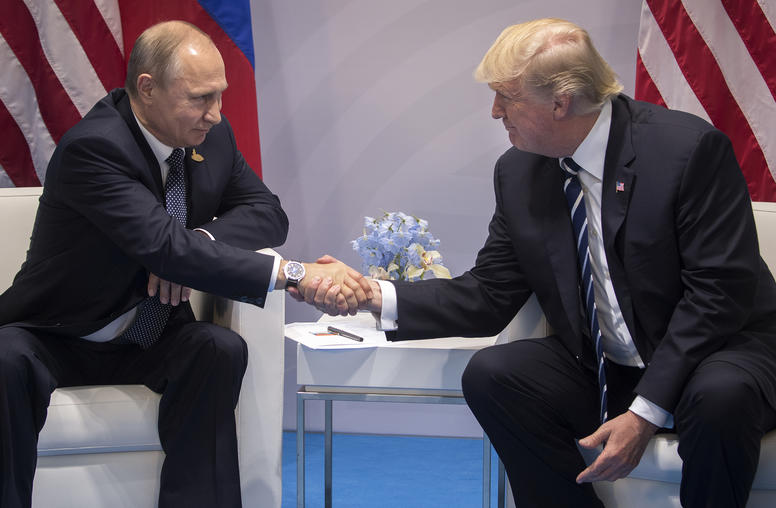
Can the Trump-Putin Summit Improve U.S.-Russian Relations?
Following a meeting between U.S. National Security Advisor John Bolton and President Vladimir Putin this week, the White House announced that President Trump will sit down with his Russian counterpart for their first formal summit on July 16 in Helsinki, Finland. While both presidents Trump and Putin have repeatedly emphasized the need for improved ties, there are a host of contentious issues—such as the invasion of Ukraine and subsequent U.S. sanctions, Russia’s interference in U.S. and European elections, and the Syrian civil war—that could derail the effort to improve the bilateral relationship.
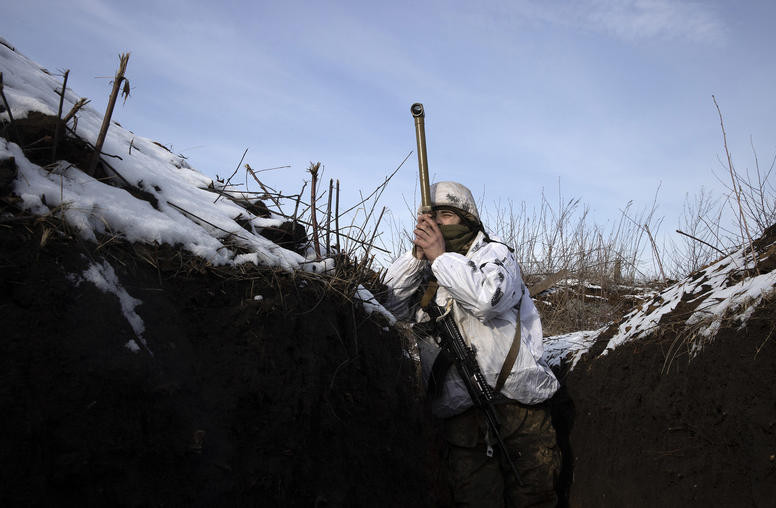
After U.S.-Russia Talks, Risk of War in Ukraine Still High
The risk of a new Russian invasion of Ukraine remains high after today’s meeting in Geneva between Secretary of State Antony Blinken and Russian Foreign Minister Sergei Lavrov. The United States delivered its warning, with European allies, of what Blinken called a “swift, severe and a united response” if the Russian troops massed at Ukraine’s border should attack. But the outcome offered at least a hope of avoiding war as Blinken agreed to offer a set of “written comments” to Russia next week on its demand for “security guarantees” that include barring Ukraine from ever joining NATO — a demand that Ukraine, NATO and the United States reject.
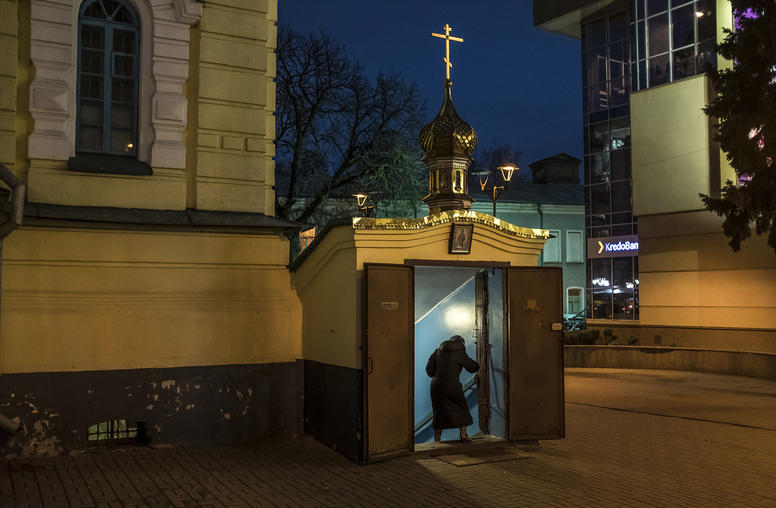
How Putin Turned Religion’s ‘Sharp Power’ Against Ukraine
Long before Russia positioned military forces along Ukraine’s border or menaced its neighbor with cyber-attacks and economic pressure, Moscow deployed another, under-appreciated weapon increasingly used by rising global powers: the transformation of religious soft power into what is known among some scholars of authoritarianism as “sharp power.”
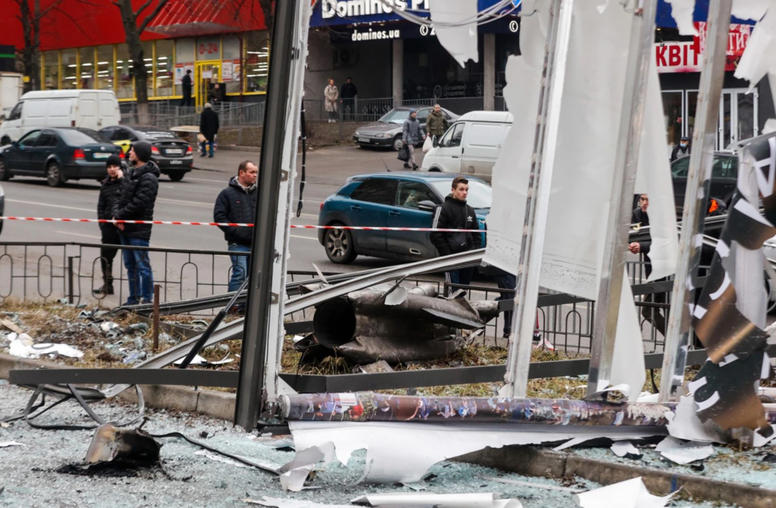
Ukraine: Putin Chooses His ‘Forever War’
Russian President Vladimir Putin’s massive, unprovoked invasion of Ukraine has received the immediate response promised by the United States and allied democracies: economic sanctions and solid support for Ukraine’s self-defense. While deterrence failed to divert Putin from war, its escalation remains a vital tool for the community of democracies to support Ukraine. The choice continues to be Putin’s—to stand down or to dive into an abyss of Europe’s most destructive war in eight decades.
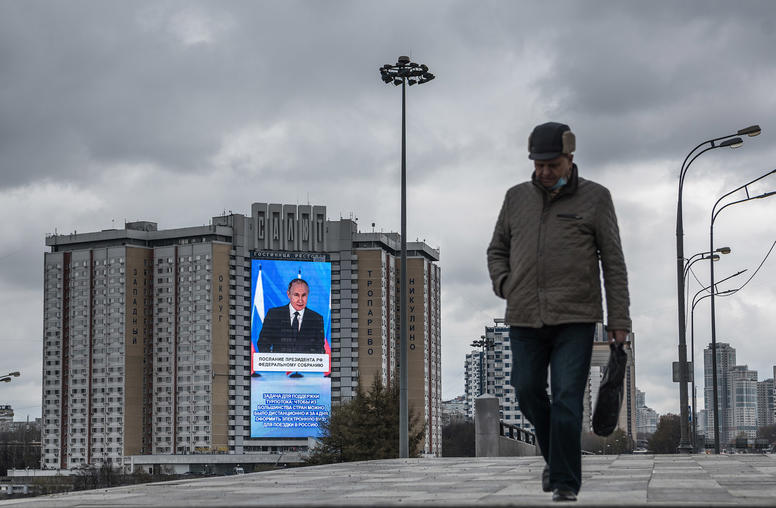
With Friends Like These: How Russia’s Invasion of Ukraine Hurts Central Asia
While accepting Russia’s big footprint in their security and economic lives, Central Asian countries have tried to conduct “multi-vector” foreign policies. These countries know that having good (or at least balanced) relations with Russia, China and the United States is important in the long term — and that Central Asian leaders who’ve tried to play the big powers against each other often wind up the loser.
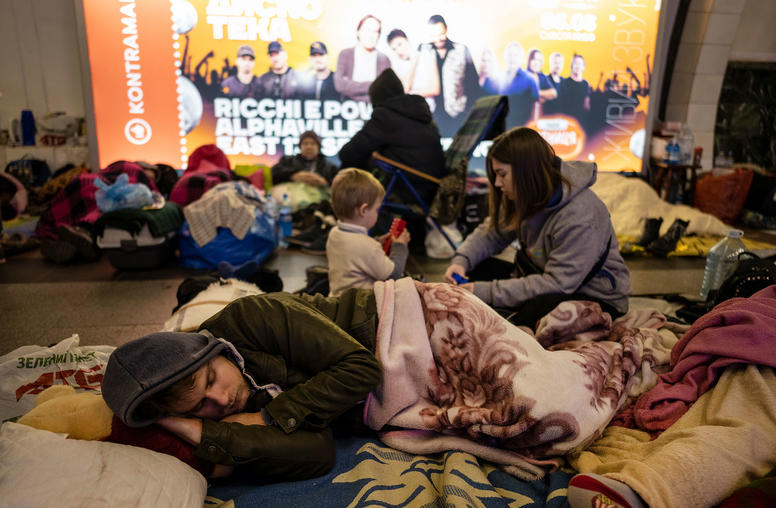
Tragically, Ukraine’s Agonies Have Only Begun
One week into Russia’s escalated war on Ukraine, it is millions of Ukrainians who have spoken most clearly, as civilians have joined their soldiers to resist for eight heroic days the Russian armored columns that many had expected to quickly capture Kyiv and other cities. The message is clear for Russians and others unable to see it before: Vladimir Putin is engaged in an unprovoked and unjustified war built on lies—about Ukraine, Russia and history—that he has spun purely to dominate Ukraine and advance his ambitions as a modern-day Russian emperor. Tragically, Ukrainians and the world must now prepare for the violence and risks to dramatically increase. Early costs of Russia’s assault: 15,000 Kyiv residents are sheltering in subway stations, above.
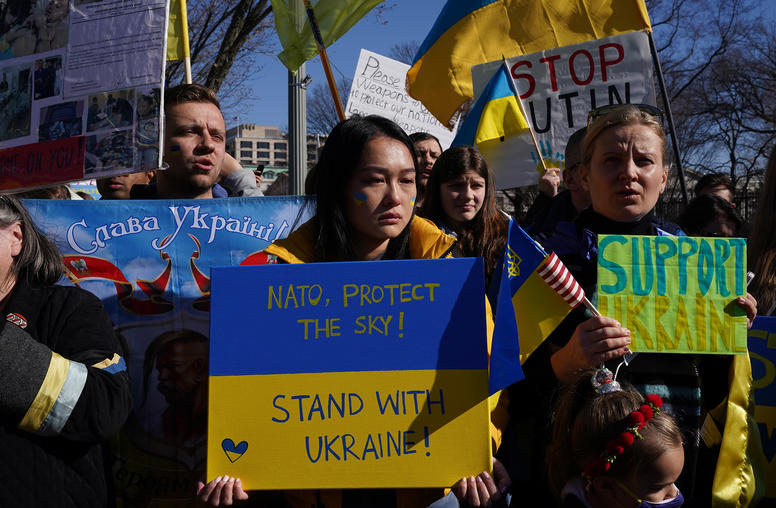
This Global Resistance to Putin’s War Is Historic
In just 15 days of Russia’s massive, new assault on Ukraine, democracies worldwide have mounted a historic act of repudiation — diplomatically, economically, militarily and morally. Nations are painfully cutting off trade with Russia. Thousands of public protests across 93 countries, including Russia, are deepening Vladimir Putin’s isolation. This collective support for Ukraine and rejection of Putin’s war is arguably the most unified global response to any act of state violence since the world’s opposition to European fascism during World War II. Sustaining it is how we can defeat Putin’s threat to world peace.
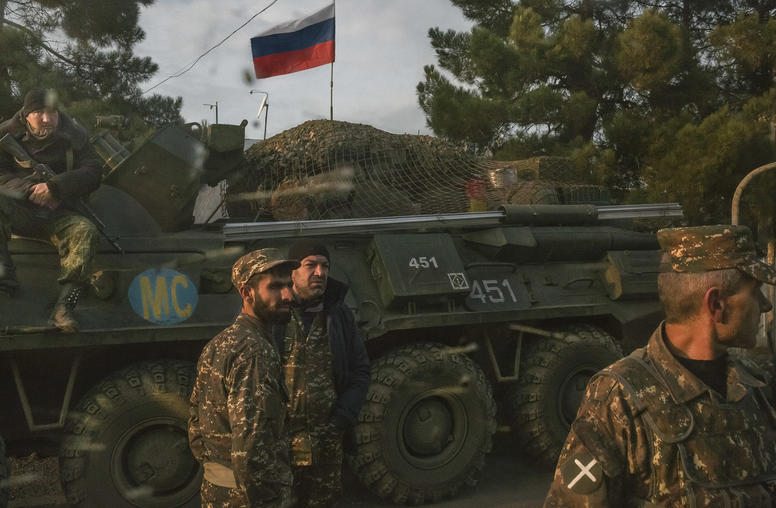
Armenia, Azerbaijan and Georgia’s Balancing Act Over Russia’s War in Ukraine
Since Russia’s invasion of Ukraine, Armenia, Azerbaijan and Georgia have tried in different ways to balance the need for good relations with Moscow with a desire to support Ukrainian territorial integrity and sovereignty. Each has reason to be cautious: Moscow has exploited ongoing conflicts in all three countries to dominate its self-defined sphere of vital interests. While these conflicts persist, Moscow will maintain significant leverage over Yerevan, Baku and Tbilisi. Working with them to resolve these conflicts and preserve their sovereignty should be a priority for the United States and Europe.